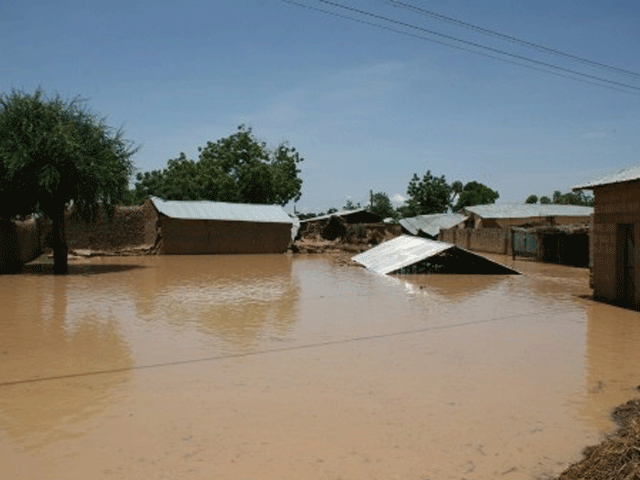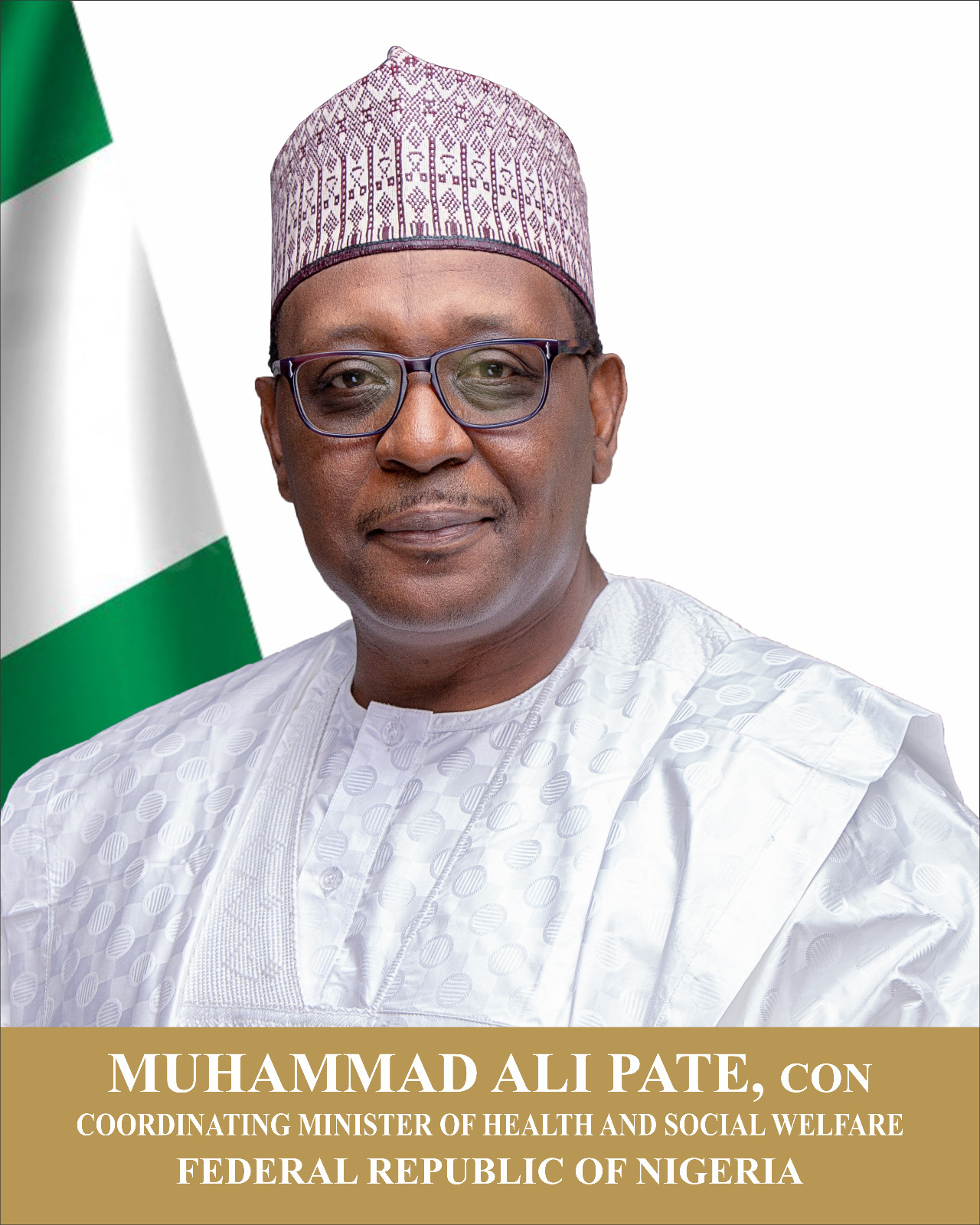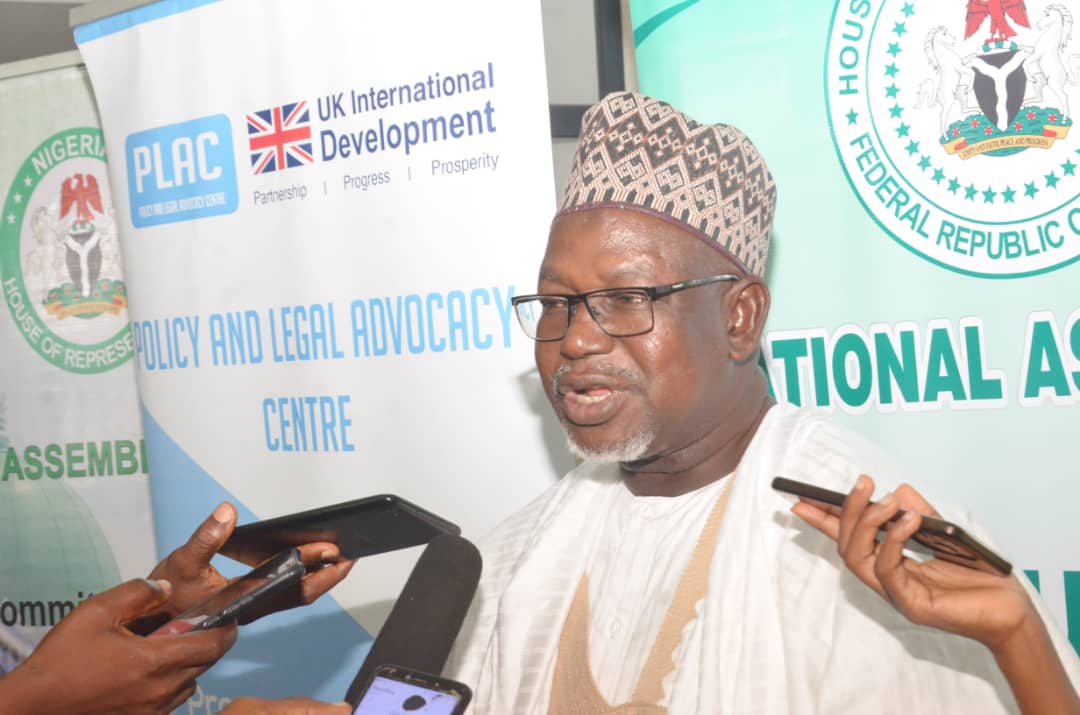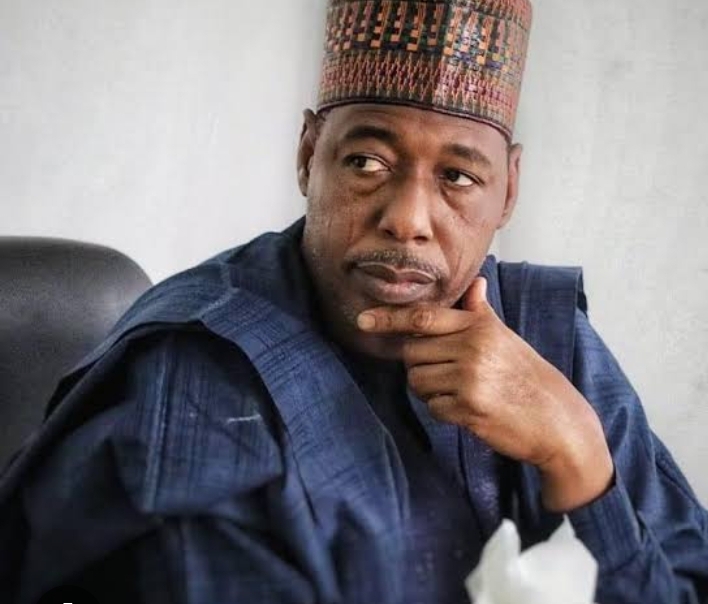FG Intensifies Sanitation, Flood Risk Mitigation Efforts with New Policies, Insurance Framework

Abuja, Nigeria – The Federal Government has renewed its commitment to improving public health, environmental safety, and disaster resilience through a dual-pronged strategy focused on safe sanitation practices and proactive flood risk management.
At a ministerial press briefing in Abuja on Wednesday, the Honourable Minister of Environment, Balarabe Abbas Lawal, outlined the government’s agenda for the 2025 National Environmental Sanitation Day (NESD), themed “Safe Sanitation and Hygiene for Disease Prevention.” The event, officially marked annually on June 28, will be commemorated on July 17 this year to ensure greater participation.
Lawal emphasized the need for safe management of sanitation facilities, proper waste disposal, and hygiene awareness to curb preventable diseases such as cholera, diarrhoea, Lassa fever, and malaria, which remain rampant in Nigeria due to poor environmental conditions.
“Sanitation is a fundamental human right. Yet, many communities still lack access to basic facilities. The consequences are not just medical, but economic, with over 3.5 million children suffering annually from diarrheal diseases,” the Minister stated.
He noted that recent efforts by the Federal Government include:
Revision of the 2005 National Environmental Sanitation Policy;
Approval of the National Solid Waste Management Policy by the Federal Executive Council;
Launch of the National Policy on Antimicrobial Resistance for the Environment Sector;
Construction of public toilets nationwide to end open defecation;
Nationwide awareness campaigns.
The Minister also linked this year’s sanitation theme with the National Strategic Plan of Action for Cholera Control (NSPACC) 2024–2029, a product of multi-sectoral collaboration aimed at eliminating cholera in Nigeria.
While commending states that have reinstated monthly environmental sanitation exercises, Lawal urged others to follow suit, noting that collective responsibility is key to safeguarding public health and meeting the Sustainable Development Goals (SDGs 3 and 6) by 2030.
Simultaneously, in a separate but related engagement, the Ministry convened a National Technical Committee Meeting on the Development of a National Flood Insurance Policy and Implementation Framework in Abuja, with Permanent Secretary Mahmud A. Kambari calling for urgent action to combat recurring flood disasters.
Highlighting devastating floods in Borno, Kogi, Anambra, Kwara, and Niger States, Kambari recalled how the September 2024 collapse of Alau Dam submerged 70% of Maiduguri and displaced over 419,000 people. He added that floods in Mokwa, Niger State, just last month left 200 dead and over 3,000 displaced.
“These events are no longer isolated; they reflect a disturbing trend exacerbated by climate change, urbanization, and poor infrastructure,” the Permanent Secretary warned.
The proposed National Flood Insurance Program (NFIP), embedded in the National Erosion and Flood Control Policy (NEFCOP), aims to:
Provide financial resilience to disaster victims;
Reduce government’s emergency spending;
Institutionalize risk-sharing across federal, state, and local levels.
READ ALSO: FG, Experts Forge Unifies Strategy to Boost Dam Safety, Climate Resilience In Nigeria
Nigeria Senate Declares War on Historical Injustices, Moves Continental Strategy for Reparations
According to the Director of Erosion, Flood and Coastal Zone Management, the NFIP will focus on affordable coverage, stakeholder coordination, and practical community-level implementation.
Both events reinforce the Federal Government’s strategic shift toward preventive and sustainable environmental management. As Nigeria confronts the dual threats of disease and natural disasters, the Ministry of Environment says it is building partnerships across all sectors, including media, private sector, and civil society to drive a culture of sanitation, resilience, and preparedness.





